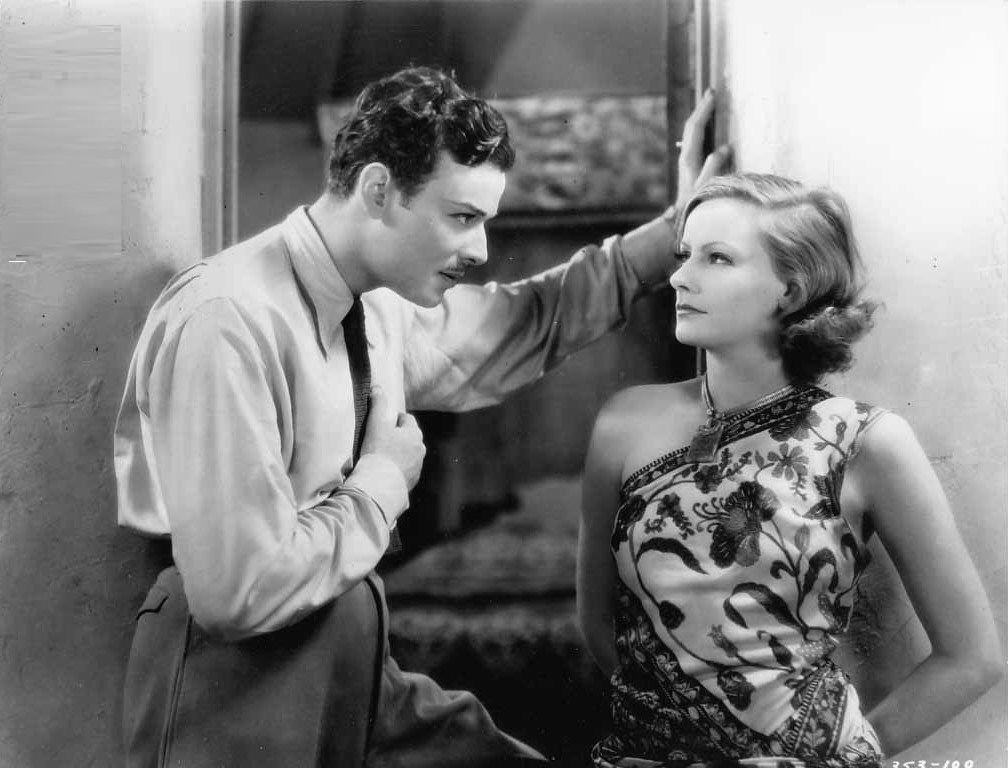After the recent death of Anna Karina, I realized I’ve never seen any films by Jean-Luc Godard. That surprised me. I rectified that today by seeing his multi-faceted film “Alphaville.”
Alphaville is either a work of genius or a confusing mess. I can’t decide. As I sit here mulling over the story, I frequently find myself wondering “did I really see that?” It is a satyrical dark comedy that combines elements of Brave New World, Nineteen Eighty-Four and Cold War spy fiction, filmed in the style of a film noir detective movie.
That the story is hard to follow is not too surprising as no one involved with the movie knew what it was about either. They largely made-up the story while they were making it. So it’s a bit like “Rat Pfink a Boo Boo,” but with more intelligence in-front of and behind the camera.
The action takes place in the eponymous city of Alphaville. Alphaville is apparently an enormous city. We have no idea how big it is, but in the north there is snow and in the south there is sun. Everyone in the city has been conditioned to experience no emotion. All thought and planning is carried out by the completely logical Alpha60 computer, which I believe is portrayed by an IBM 1401 and a telephone switching system.
The part of Alphaville is played by contemporary Paris. No sets or props were constructed for this movie. The use of modern Parisian architecture makes the movie feel very similar to “Playtime,” but with a lot more indiscriminate killing. Is this story happening in the future, or is it an alternative form of the present? Perhaps Godard is satirizing the conventions of science fiction films by not making any attempt at pretending? For whatever reason this was done, it makes the action — however absurd — feel more grounded and relatable than, say, something like “Logan’s Run.”
Outside the city of Alphaville are “the Outlands.” We’re not told too much about the Outlands, but apparently life goes on there without the control of an all-knowing super-computer. Citizens of Alphaville are forbidden to go to he Outlands or even think about them.
Beyond the Outlands are other galaxies. They might be referring to actual galaxies, or this might be the approved Alphaville word for other similar city-states scattered around the globe.
The movie begins as private investigator Lemmy Caution arrives in Alphaville undercover as a reporter. He’s from the Outlands and seems to be unfamiliar with the ways of the city, and is surprised to find that each hotel room comes compete with a dictionary of approved words called a “bible,” a supply of tranquilizers and a complimentary “Seductress third-class.”
He is there to investigate certain people for some mysterious reason. Such details don’t really matter — this is a detective film and he needs to investigate something. One of the people on his list is a Professor von Braun, who apparently set-up the Alpha60 computer. He first meets von Braun’s niece, Natacha, played by the late Miss Karina. She is his guide, and through her he learns about Alphaville. They begin to fall in love, which is made difficult because, as I mentioned above, citizens of Alphaville are conditioned to feel no emotions. She can’t even bring herself to say the words “Je vous aime.”
In the end, Lemmy Caution brings down the Alpha60 computer. His character is a crude outsider who — like in “Zardoz,” “Battlefield Earth” or “the Matrix” — brings about the demise of a restrictive civilization. Without guidance, the citizens of Alphaville begin stumbling around aimlessly. Lemmy and Natacha flee the city on one of the freeways, headed to the Outlands or perhaps another galaxy.
Some of the details of the story might be a bit off as I have only seen it once, and it all goes by as a fast jumble.
When I’ve read about this movie in the past — a combination of science fiction and film noir that takes place in a major city — I thought that it sounded similar to “Bladerunner.” Now after seeing the movie, I have no problem in saying that Bladerunner is composed of 50% “Do Androids Dream of Electric Sheep,” and 50% Alphaville. Bladerunner is like Alphaville if you squeezed all the parodical humor out of it.
So, if you liked Bladerunner but always wished it had more absurdity, a score that enjoys being bombastic, and was film in black and white with hand-held cameras, Alphaville might be for you.
